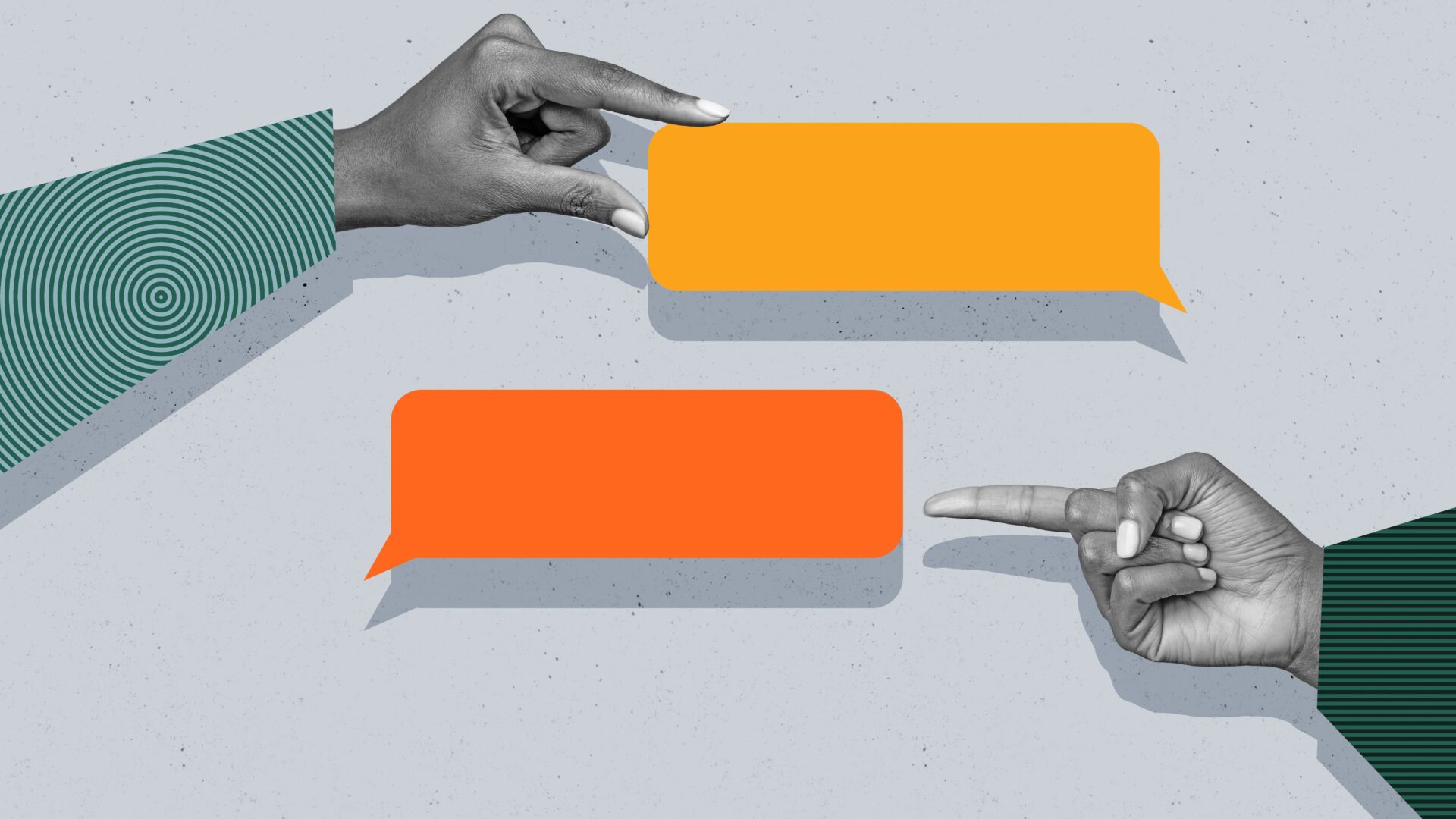Pathways to Audiology is an interview series that highlights unconventional paths to becoming an audiologist and individual journeys from where they started to where they are now.
 Could you give us a quick description of your title, where you are getting your AuD, and where you currently are in the field of audiology?
Could you give us a quick description of your title, where you are getting your AuD, and where you currently are in the field of audiology?
I am a third-year AuD student at The University of Texas at Dallas. This May, I will begin my fourth-year externship at the Orlando VA Medical Center.
Where were you before you decided to enter into the world of audiology?
I was an undergraduate student in Religious Studies and was planning to attend seminary and be ordained as an Episcopal priest. I received a BA in Religious Studies from Arizona State.
What/when was your first exposure to audiology?
My father has been an audiologist for over 30 years. As one of my classmates wittily put it “Hunter, you were born knowing how to mask.”
What made you switch to audiology from your previous track?
As I was becoming more and more interested in audiology through my leisure reading and shadowing my father in his work, I began to realize that full-time ministry was not the best fit for my personality. Although I am still very interested in theology and am active in my church, I believe audiology is a better fit for my particular talents and abilities. When it struck me that I was reading audiology texts recreationally, I realized this might be the field for me. I began to take the prerequisite courses necessary for admission into an AuD program and started applying to programs during the Fall of my senior year.
In your opinion, what is the most fascinating thing about audiology/the ear?
The process of evaluating a patient’s hearing. The first thing I fell in love with in audiology was the methodology of audiological examinations and how the test battery can identify the site of lesion, quantify the extent of hearing loss, and evaluate a patient’s ability to hear speech in under 30 minutes. One of the goals of my professional career is to refine and advance audiological examinations to further improve our ability to provide effective audiological treatment and to assist our colleagues in otolaryngology to provide effective medical care.
What advice would you give to someone who is contemplating going into/switching to audiology?
- Be prepared to face the reality of modern healthcare. All healthcare professions are constantly fighting for their scope of practice and to protect their patients from negative changes in regulation and legislation. When you decide to pursue a career in healthcare, you are not going to earn a degree and magically have a job for the rest of your career. Be prepared to argue for the value of your profession and to work to make yourself marketable to potential employers.
- Read. The most efficient, effective method to become more familiar with audiology and to determine whether this is the right path for you is to read as much as you can about the field. Is the research literature something which intrigues you? Do you see yourself working with patients and colleagues on the sorts of questions and problems audiologists encounter? If you decide to pursue audiology as a career, reading deeply and broadly will help to make you the most effective audiologist you can be.
- Be realistic. Like any career, audiology can be mundane and monotonous, but it can also be dynamic and exciting. You get what you put into the profession! Yes, as a professional responsible for hearing healthcare, you will do a significant number of hearing examinations and hearing aid fittings throughout your career. Will every patient encounter be life-changing? Of course not. Ask professionals in any career and they will tell you their work involves repetitive tasks in some form (for physicians, writing antibiotic prescriptions is not an extreme sport). With the right attitude and a desire to always be growing and learning, each day in the clinic can be a positive experience. Do your research on compensation in audiology. You won’t be purchasing a yacht five years after you complete your doctorate, but the living can be very comfortable.
- Know that audiology can be an immensely rewarding field. It has its pros and cons like anything else, but I am very happy with my decision to be an audiologist.
This interview was completed by Conner Jansen, a first-year audiology student at The University of Texas at Dallas. Conner is a member of the SAA Communications Committee.
Related Posts
Insights from A Fireside Chat with Audiology Students and Professionals with Hearing Loss
On January 15, 2025, the Students with Hearing Loss Subcommittee of the Student Academy of Audiology (SAA) hosted a Fireside Chat featuring a panel of students and professionals with hearing loss. The student panelists included Mindee Anderson, Nicole Genser, and Natalia Matteo. The professionals were Sarah Sparks, AuD, and Michelle Hu, AuD. With over 60…
Pathways to Audiology: Sarah Jones, AuD
Welcome to the national Student Academy of Audiology (SAA) Pathways to Audiology Interview Series! While many audiologists come from a Communication Science Disorders (CSD) background, others have taken different pathways to the field. In this series, the national SAA will interview both audiologists and AuD students who have or are taking non-traditional routes into the profession…
Pathways to Audiology: Alexander Morris, AuD
Welcome to the national Student Academy of Audiology (SAA) Pathways to Audiology Interview Series! While many audiologists come from a Communication Science Disorders (CSD) background, others have taken different pathways to the field. In this series, the national SAA will interview both audiologists and AuD students who have or are taking non-traditional routes into the profession…



